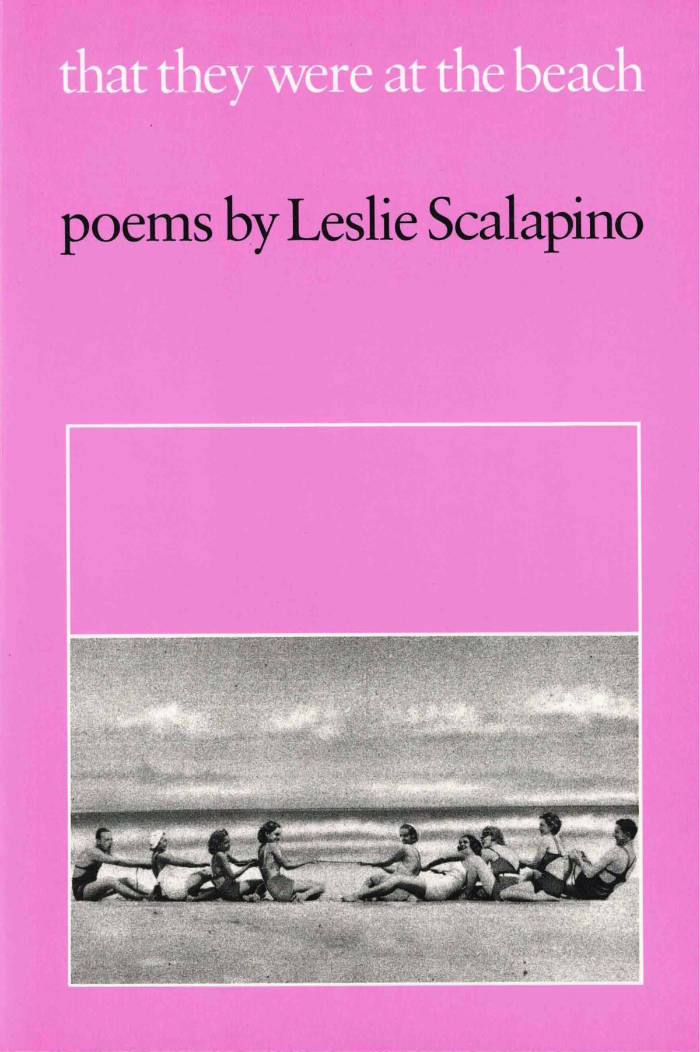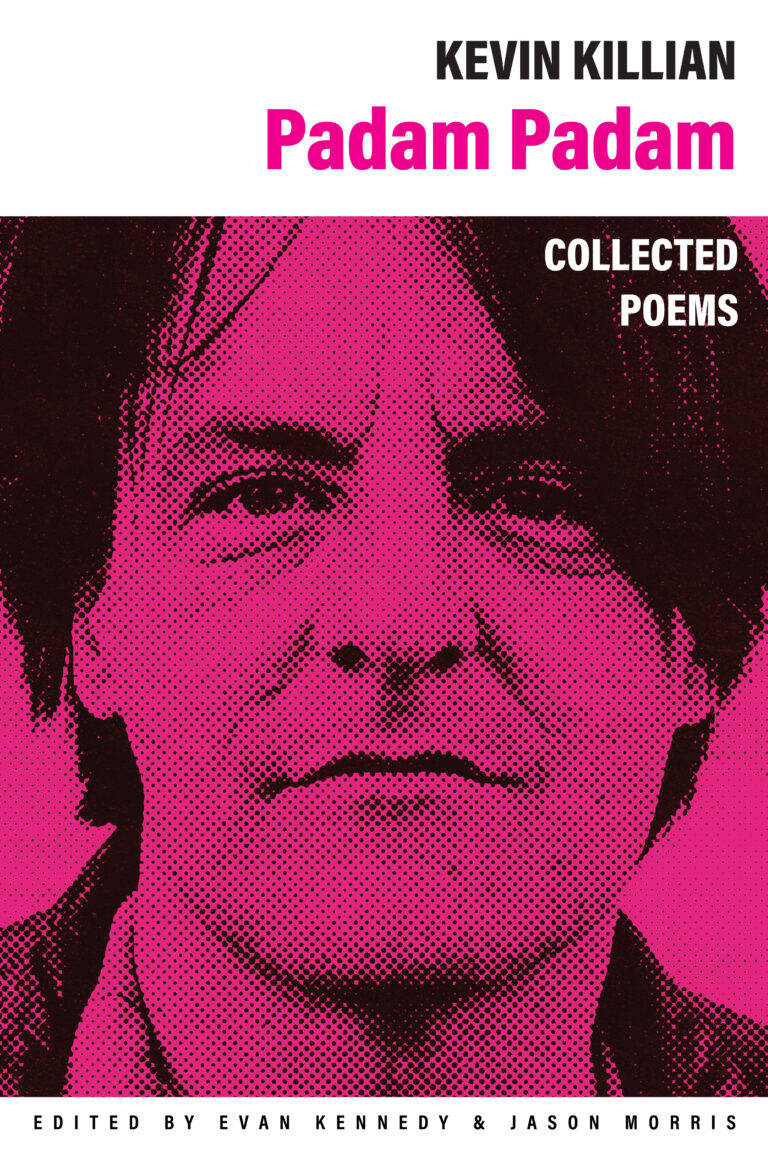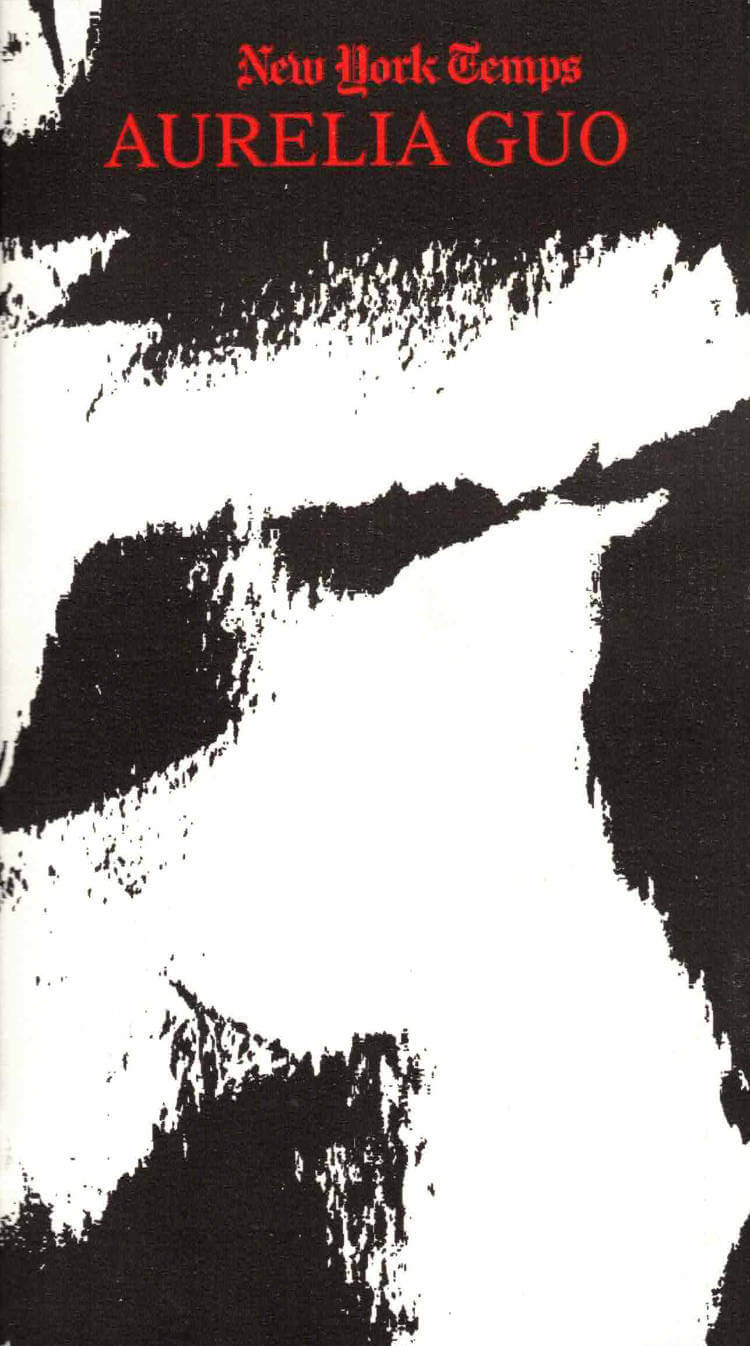
The Public World / Syntactically Impermanence
The Public World / Syntactically Impermanence is a rich consideration of the strategies of poetry, and the similarities between early Zen thought and some American avant-garde writings that counter the language of determinateness, or conventions of perception. The theme of the essays is poetic language which critiques itself, recognizing its own conceptual formations of private and social, the form or syntax of the language being syntactically impermanence.
Whether writing reflexively on her own poetry or looking closely at the writing of her peers, Leslie Scalapino makes us aware of the split between commentary (discourse and interpretation) and interior experience. The poetry in the collection is both commentary and interior experience at once. She argues that poetry is perhaps most deeply political when it is an expression that is not recognized or readily comprehensible as discourse.







